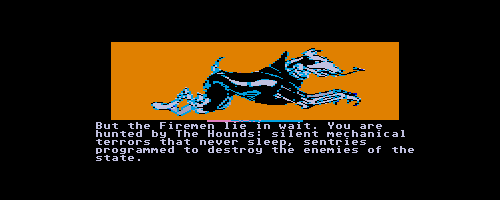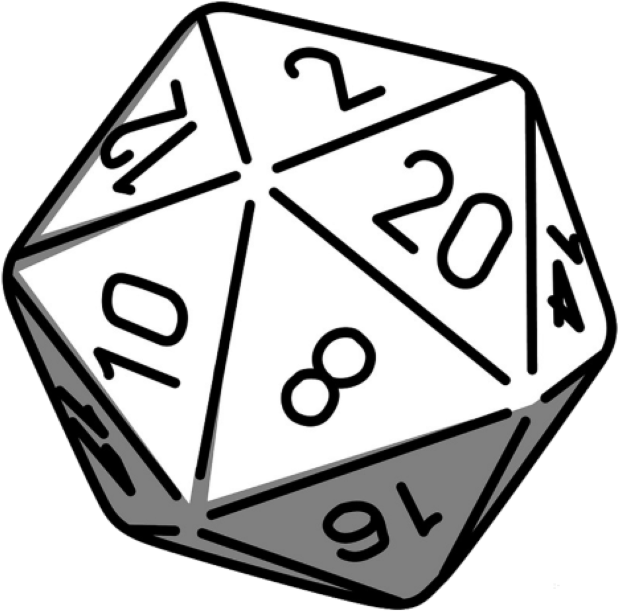There were other differences too: Elves were kind of different. Magic item creation worked a lot different. Treasure was obligatorily passed out in power level appropriate Schrodinger’s loot drops, where it would wave function collapse into whatever thing appropriate for exact class combination present.
In some ways 4E was REALLY balanced in combat if you played it the right way, but it almost became hard to lose and combat didn’t offer as many twists, close calls, or surprises.
Converting from previous editions would not just involve a little tweaking, but major changes. The material just was not easily compatible. It was like they were trying to appeal to a completely different audience (some said MMO players, though tactical wargames also might be a close fit).
Some folks really liked 4E, but there was a lot of complaint, and some folks started the OSR and sought out retroclones or just kept playing their previous editions. Pathfinder came about as basically an edition 3.75 for folks who didn’t want 4E.
So with 5E they learned some lessons form all the dissenters. They kept a couple bits from 4E, but tried to switch a lot of things closer to the way they worked in 3E, and took some inspiration from earlier editions as well. The 5E game again became a bit more compatible with earlier work, so it was easier to discuss in a similar manner.
There’s also the fact that 3E, 3.5E, Pathfinder, 5E and a bunch of retroclones all use the Open Gaming Licence which originally came out with 3E. This made sharing parts of these works or combining them much easier to do without perceived risk of lawsuit. But 4E had a more restrictive license that made some folks less eager to try and work with it.




Someone a while back on the red site had this idea for a plane of Fog & Mirrors. These beings might work as denizens of such a place.
I came up with a few (typically NPC) creatures to fit such a setting:
fantasyheartbreak.blogspot.com/2022/10/realm-of-mists-mirrors.html